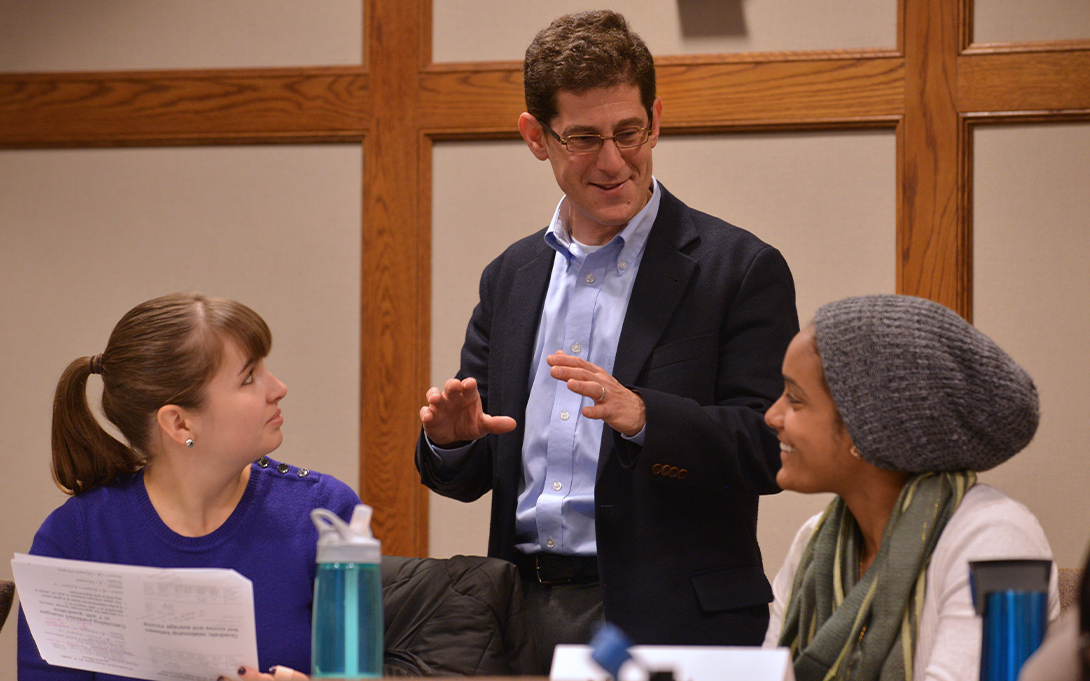
“The government needs to make sure the hardest-hit families have enough income to keep food on their tables...in a rapidly unfolding crisis, the type of aid that’s offered may matter at least as much as the quantity.”
Betsey Stevenson and Justin Wolfers, on the type of stimulus needed to mitigate the economic effects of the COVID-19 crisis. The New York Times, March 18, 2020.
“As the public health concerns surrounding the coronavirus pandemic are prioritized, it’s critical not to lose sight of the range of national security concerns that may arise.”
Javed Ali, on COVID-19 implications for national security. The Hill, March 15, 2020
"Many low-earning hourly workers don't have the option to work remotely, and this unexpected change in income will exacerbate challenges for families working hard to make ends meet."
Luke Shaefer, on the loss of wages for hourly workers during the COVID-19 crisis. Detroit Free Press, March 14, 2020.
“The stimulus bills being discussed in Washington are looking at payments to individuals and relief for key industries. Boosting the resources and capabilities of local governments should also be at the top of the list.”
Tom Ivacko and Stephanie Leiser, on challenges for local governments to respond to COVID-19. The Hill, March 20, 2020.
“I wouldn’t have been surprised if [the disparity] was AP (advanced placement) courses or gifted and talented programs or college advising. But I was more surprised by the disparity in CTE.”
Brian Jacob, on finding racial and economic disparities in access to career and technical education in Michigan high schools. Bridge, February 5, 2020.
“The sheer numbers of people who will feel direct climate impacts in their lifetimes is very, very significant, and it points to why public policies are necessary right now to start reducing the risks.”
Daniel Raimi, on projections for Florida’s next twenty years. Scientific American, February 4, 2020.
“Let’s be clear. This body of research doesn’t show that loans are the best way to fund college students. It just shows that if students don’t get enough money to pay for college, they can’t succeed.”
Susan Dynarski, on research that links additional borrowing with better educational outcomes. New York Times, September 10, 2019.
Below is a formatted version of this article from State & Hill, the magazine of the Ford School. View the entire Spring 2020 State & Hill.